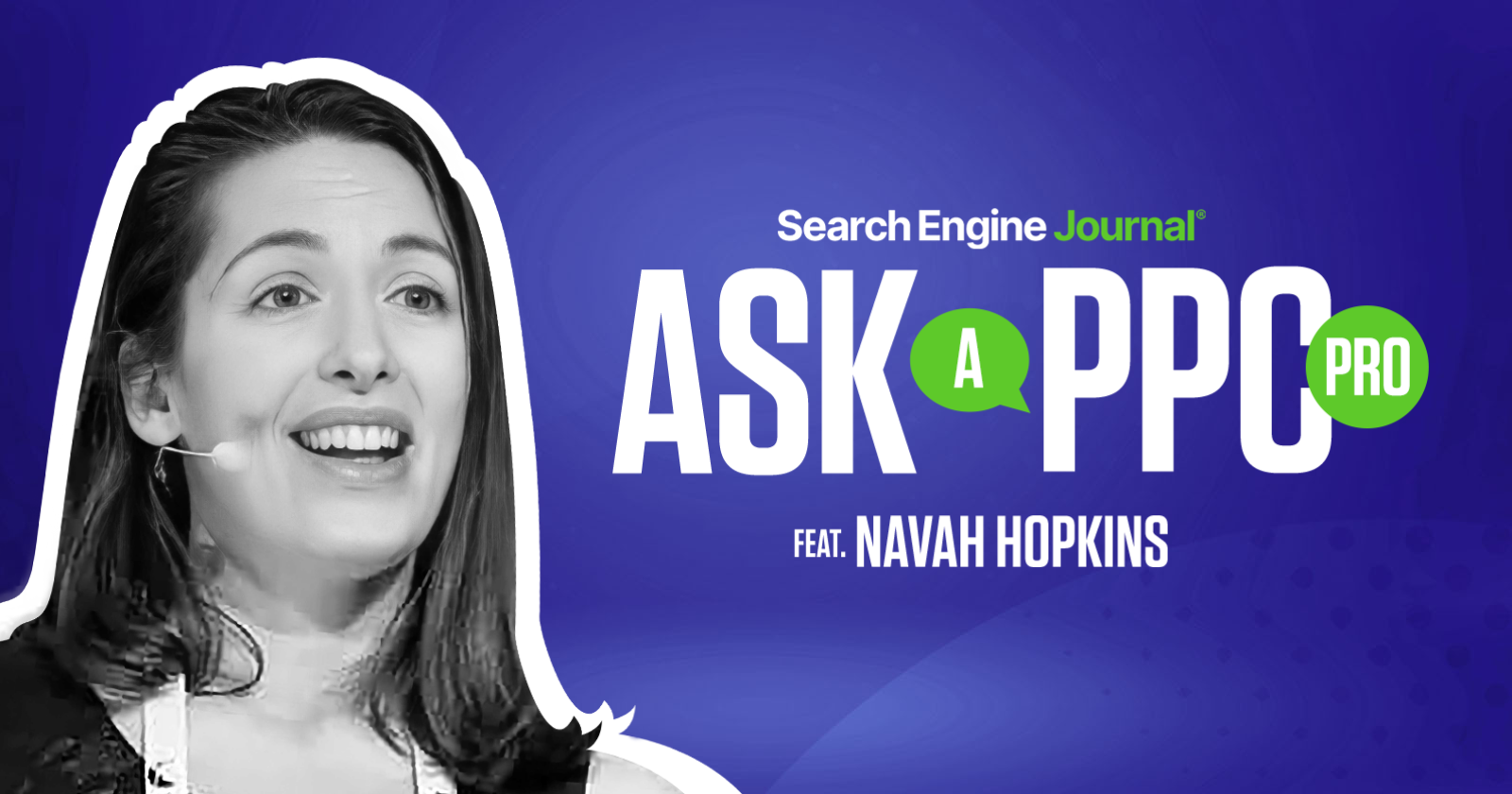Nothing is more frustrating than having your best terms hijacked by competitors.
The holiday season is especially prone to this, as brands scramble to own market share.
This month’s question hits especially hard going into the holiday season. Rakesh from Virudhunagar asks:
“I have a question regarding the same keyword the bigger brands and I use. As a Merchandise company, I use a generic keyword “Gift for her/him.” As the holidays are coming, I can see that the CPC is increasing (Target ROAS – BS) for these keywords.
On the Auction insights, it’s not my competitors outbidding me, but it’s Etsy and Amazon. My CPC increased by 200% – WoW. What is the best way to deal with this? Manual Bidding? or any other bidding strategy would work?”
We’ll be tackling this from a Google Ads standpoint, however, many of these strategies are applicable to Microsoft Ads as well.
Tip 1: Use Keyword Variants
The most straightforward way to bypass expensive auctions is to use different keywords.
Misspellings and synonyms will give you access to the same search terms. If big brands are driving up the auction prices for the most common variants, consider going for the less common ones.
For example, if the expensive term was “gift got her/him,” you might consider the following:
- Gifts for her/him.
- Presents for her/him.
- Gifting for her/him.
- Present for her/him.
- Gifts for him/her.
Test one at a time on the match type you had the original keyword on.
While you’re testing, pause the original keyword.
By pausing it, you’ll be able to retain your data and go back to it if the new variant doesn’t work.
Tip 2: Adjust Your Bidding Strategy
Automated and smart bidding have lots of benefits.
That said, it’s very easy for cost per clicks (CPCs) to spike based on the bidding goal.
Conversion-based bidding strategies are the most prone to spikes because conversions have a lot of weight.
Using a bidding strategy that caps your bid is the most straightforward way to ensure your budget won’t go out of control.
That said, if your bid cap is too low, you might kill volume.
So long as your bid cap is 10% or less than your daily budget, you should be able to get enough clicks in your day to lead to sales (provided that your bid-to-budget ratios are aligned with your industry).
Tip 3: Use Audience Exclusions/Targets
Audiences are often overlooked in the auction price discussion.
While it’s true audiences are built into smart bidding, they can be used to exclude or exclusively target as well.
Consider using native audiences like in-market and affinity to exclude folks who won’t be a good fit for your products/services.
You can also use first-party audiences, like customer match and website visitors, to focus your budget towards warm prospects or save on folks already familiar with you.
Final Takeaway
Big brands will always be a variable in auction prices.
However, you don’t need to get sucked into a bidding war.
Going after cheaper variants, finagling bidding, and using audiences to focus the budget will help open up cheaper auctions to improve return on investment (ROI).
Have a question about PPC? Submit via this form or tweet me @navahf with the #AskPPC hashtag. See you next month!
More resources:
- Do Manual Adjustments Still Make Sense With Automated Bidding?
- How To Get More Out Of Search Terms Reporting In The Age Of Privacy And Automation
- PPC 101: A Complete Guide to Pay-Per-Click Marketing Basics
Featured Image: Paulo Bobita/Search Engine Journal






![[SEO, PPC & Attribution] Unlocking The Power Of Offline Marketing In A Digital World](https://www.searchenginejournal.com/wp-content/uploads/2025/03/sidebar1x-534.png)